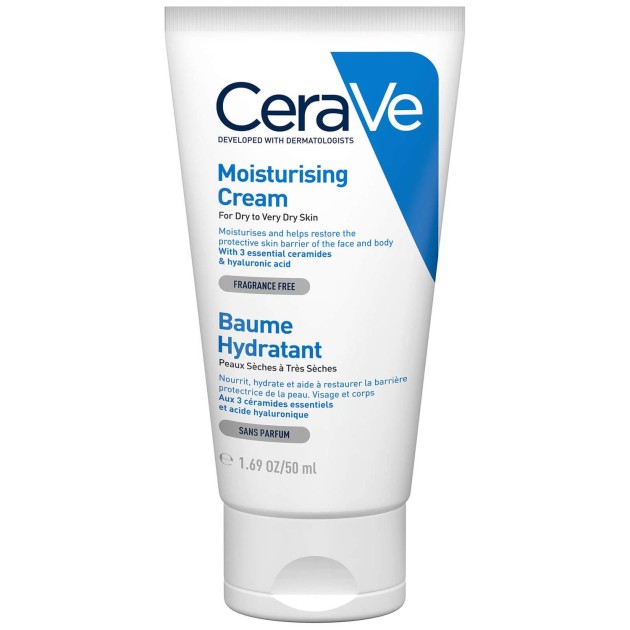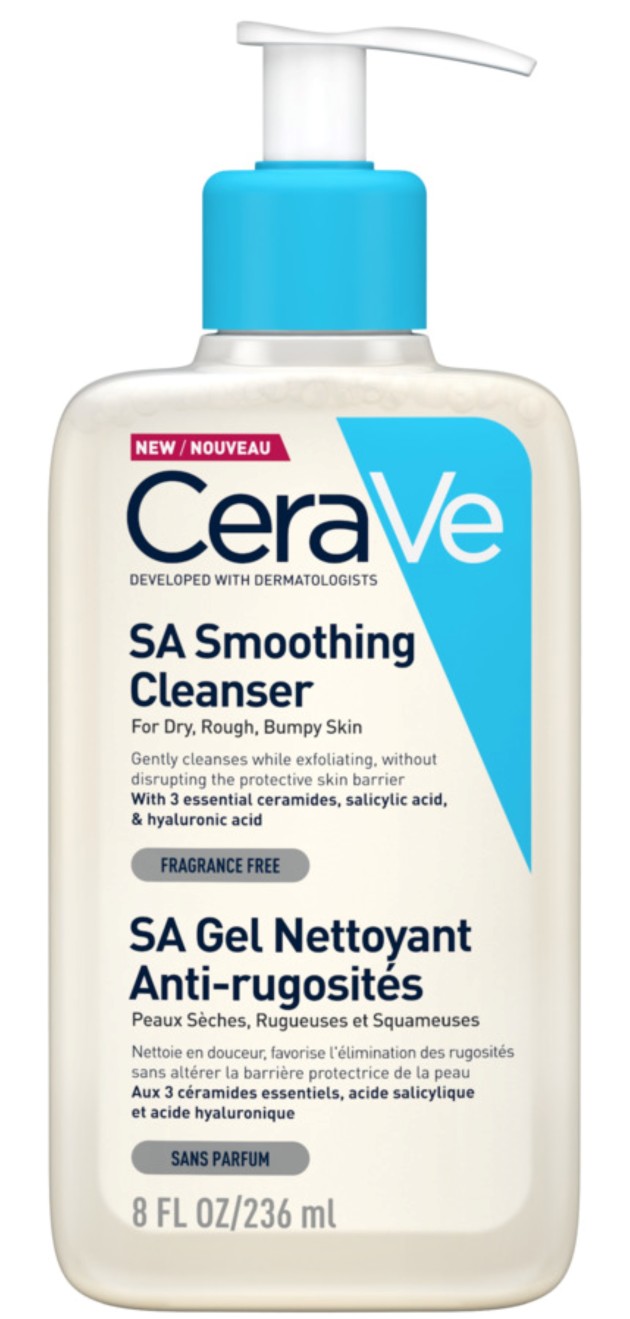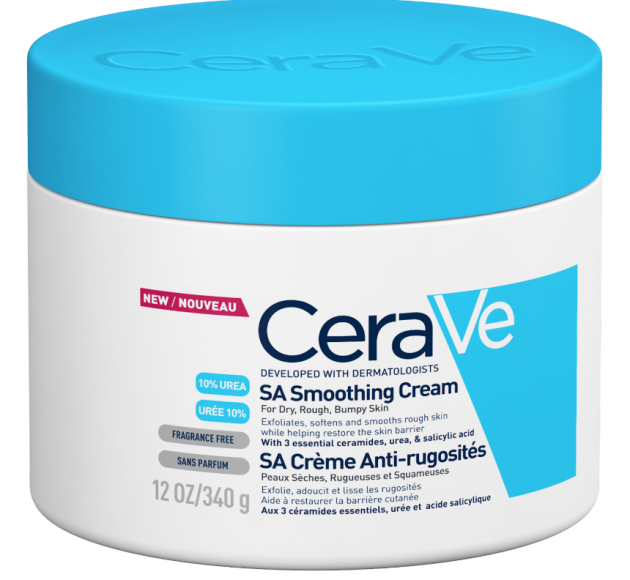
Tiny little bumps on the back of your arms? Here’s how to get rid of them
While we’ve all spent the best part of the last year looking after the skin on our faces, you’re not alone if the rest of your body has been forgotten as L’Oreal data has shown that within skincare searches, those for face care are 241% higher* than searches for bodycare.
Dermatologist Dr Alexis Granite says this can be easily resolved with some B.L.C (body loving care), “Neglect is the main cause of dry and dehydrated, flaky skin. We, as a nation, are constantly wondering why the skin on our bodies is so dry, and yet the main cause of it is neglect,” says Dr Granite. “People don’t invest the time and often expect miracles– but it doesn’t have to be as hard as you think it is.”
Most people have a solid skincare routine for their face, and yet legs, arms and elbows are often missed out. Here, Dr Alexis Granite shares her top tips, from looking after the all-important skin barrier to the perfect body routine and improving rough, bumpy skin, including keratosis pilaris, because skin is important from the neck down too.

The all important skin barrier
The skin barrier is often spoken about in relation to facial skin, but it exists below the neck, too. And, as Dr Granite says, “Looking after and protecting it is one of the best ways to prevent rough, bumpy skin and other skin concerns, plus a healthy skin barrier is the easiest and most important way to ensure skin stays hydrated and smooth instead of being dry and flaky.”
To ensure yours stays intact, try CeraVe’s Moisturising Cream. A powerhouse, non-comedogenic formula that contains three essential ceramides to help reinforce the skin barrier, along with patented MVE technology that nourishes skin for up to 24 hours and hyaluronic acid to hydrate skin.

The low down on Keratosis Pilaris
“KP is by far one of the most common issues I see in clinic. Not only in adults but in children as well – most don’t know what it is and there’s confusion around how to treat it,” says Dr Granite which is corroborated by recent L’Oreal Google Search Data which confirmed that Keratosis Pilaris is as searched for as Hyaluronic Acid and Salicylic Acid showing there is an appetite for knowledge.
First, it’s important to know how KP presents itself. “It tends to be tiny little bumps that appear around hair follicles, imparting a chicken skin-like appearance. It can crop up anywhere on your body, but the main areas are on the backs of arms – which is the most common – and on thighs,” she says.
It’s also worth noting that KP never really goes away; it’s difficult to cure but you can improve the appearance of it, which is easy to do by building an effective routine and choosing the right products and ingredients.
“One of the best ways to manage keratosis pilaris is by striking the right balance between moisturising and exfoliating,” says Dr Granite. “Body scrubs are a no-go – avoid a strong grain and exfoliating gloves, otherwise it could turn into eczema. A targeted and specially formulated moisturising cream should be part of your routine, too.”

Building a perfect routine
Just like the skin on your face, body skin also needs a regular routine to ensure it stays as healthy as it can be – except it doesn’t have to be half as complicated. The key thing is that you incorporate a moisturiser that will hydrate skin while keeping signs of rough, bumpy skin at bay.

A product that’ll do exactly that? CeraVe’s SA Smoothing Cream. It’s a deeply moisturising cream that’s been created specifically for use on the body, and along with the brand’s patented MVE technology, it contains a mixture of effective exfoliating acids and is designed to soften and remove rough, scaly skin. It is also suitable for keratosis pilaris.
“It combines Lactic Acid with 0.5% Salicylic Acid (a BHA – beta-hydroxy acid – proven to accelerate skin exfoliation) with 10% Urea (which breaks down keratin while helping to loosen and remove dead skin cells) all while being clinically proven to provide smoother feeling skin in just three days,” says Dr Granite.
“Plus, one of my favourite things about it is that it can be used daily, and when it’s used after a shower, it’s best applied straight onto skin that’s still slightly damp,” Dr Alexis recommends.






